In 2012, while living in New Zealand, I was diagnosed with mild depression. What began as subtle symptoms soon spiralled into a deep and relentless battle. At my lowest point, I was under the care of over ten psychiatrists, heavily medicated, and locked in a vicious cycle of emotional pain masked by alcohol and drugs. It was a nightmare I never imagined enduring, especially while navigating the heights of a thriving fashion career.
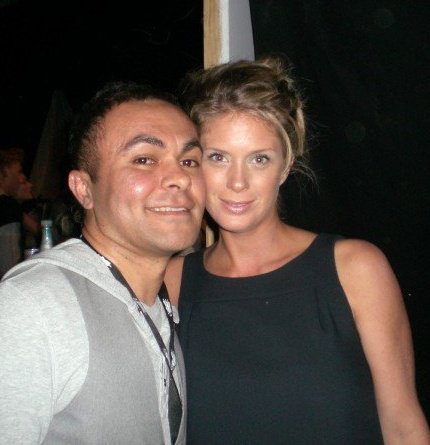


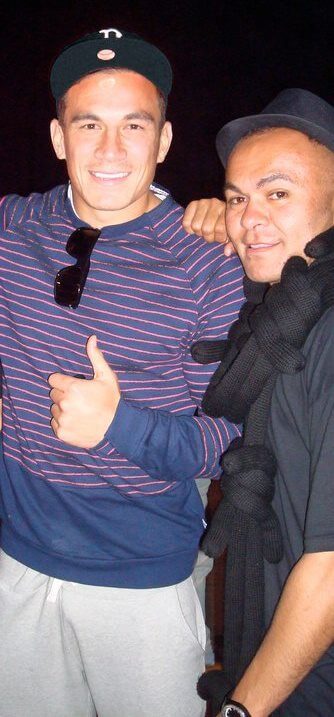
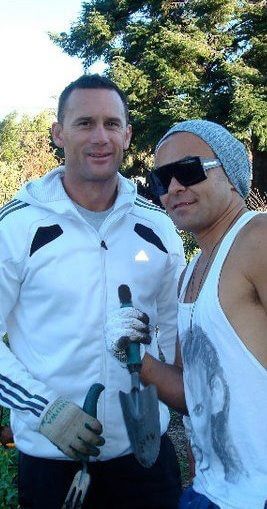
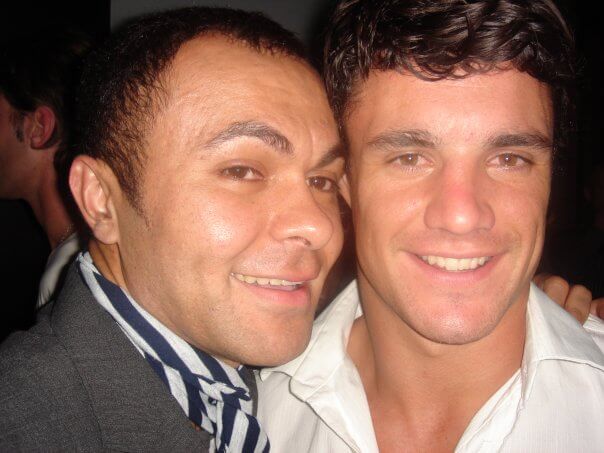


A Shattered Illusion
At the peak of my career, I commanded over $50,000 NZD per project, working with New Zealand’s top fashion designers. To the outside world, I lived a dream. But behind closed doors, my mind was unravelling. Endless sadness consumed me, and the only peace I found was in sleep—a peace I tried to prolong through drugs, alcohol, and medication. Over time, my depression became unbearable, leading to four failed suicide attempts. The last of these attempts ended with me waking up handcuffed to a hospital bed in Canterbury Hospital, monitored by security guards.
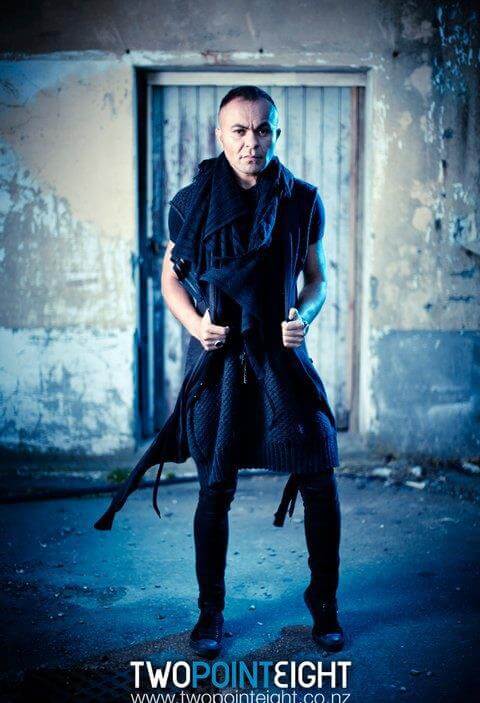
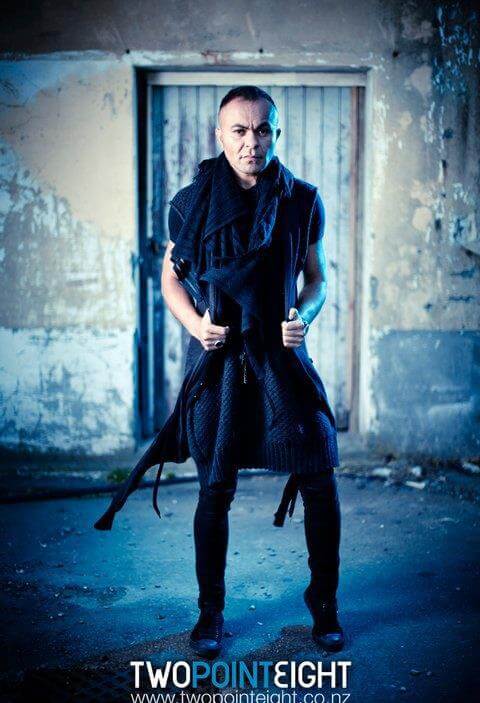
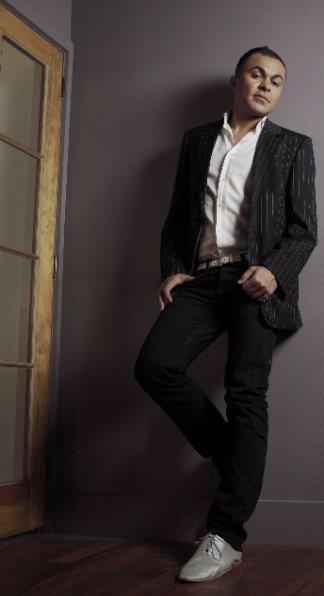
Hillmorton Mental Hospital
From there, I was transferred to Hillmorton Mental Hospital for strict observation. My life became a series of monitored showers, guarded intervals, and prescribed medications so potent I had to swallow them with honey. Privacy was non-existent, and every aspect of my life was controlled to ensure I posed no harm to myself. After two weeks, with little improvement, my doctors suggested Electroconvulsive Therapy (ECT), a procedure designed to shock the brain and erase painful memories. It was my supposed “last hope” for a normal life.
A Turning Point
On the evening of my scheduled ECT procedure, I prayed for the first time in months. Sitting alone in my ward, I begged God for a sign—a reason to keep going. In that moment, I felt an overwhelming peace and a voice urging me to trust in Him. When the doctors arrived, I made the decision to cancel the procedure, believing that my path to healing lay elsewhere. Two weeks later, I was discharged and returned to Fiji to rebuild my life.
Recovery and Ridicule
Recovery in Fiji was far from easy. I faced relentless stigma from individuals who mocked my mental illness, with some suggesting I belonged in St. Giles Hospital, Fiji’s psychiatric institution. The public ridicule was compounded by family rejection and homelessness. Two full-page articles in a local newspaper ridiculed my struggles, turning my pain into a spectacle. Yet, despite these challenges, I held onto faith, believing there was a purpose in my suffering.
Finding Strength
Over the years, I’ve taken deliberate steps toward healing. Today, I’m supported by an exceptional doctor in Fiji and have surrounded myself with positive influences. I’ve changed my diet, prioritized exercise, and embraced a community of friends and family who uplift me. Special thanks go to Dr. Leli Biumaitotoya (who worked on the New Zealand diagnosis and realized it was Bi-Polar and not depression that I was battling), my cousin Apakuki Nalawa (Kuki), and Serafina Wedlock, who saved my life during my darkest moments. Their unwavering support reminds me that love and compassion are essential in overcoming mental health challenges.
Lessons for Others
To anyone battling mental illness, know that there is hope. Seek out trusted individuals, engage with professional care, and hold onto faith. Changing your environment, staying active, and keeping your mind engaged can make a world of difference. And above all, press into God. He is a source of strength and peace when all else seems lost.
A Survivor’s Message
I’ve survived multiple suicide attempts, endured public humiliation, and faced unimaginable pain. Yet, I stand here today as proof that recovery is possible. Life is too precious to give up. Keep moving forward, trust in the process, and know that brighter days are ahead. Your story isn’t over—it’s just beginning.

